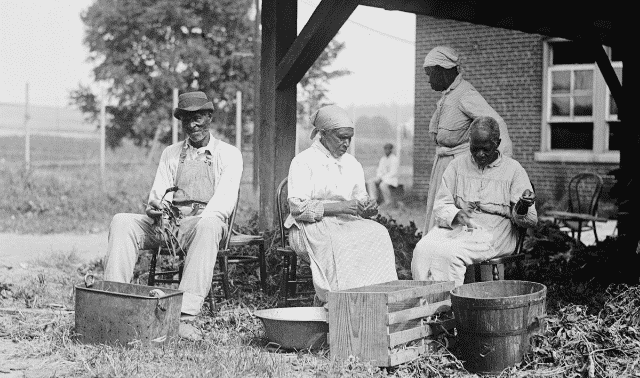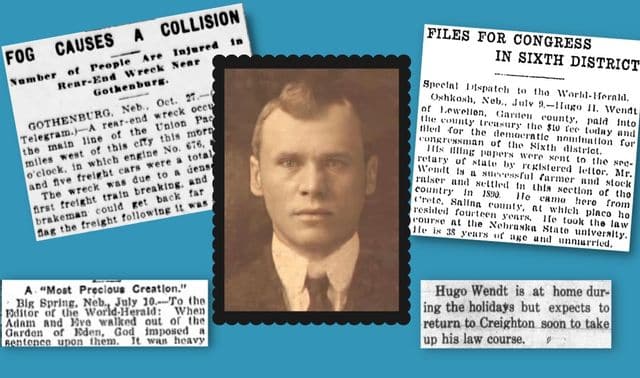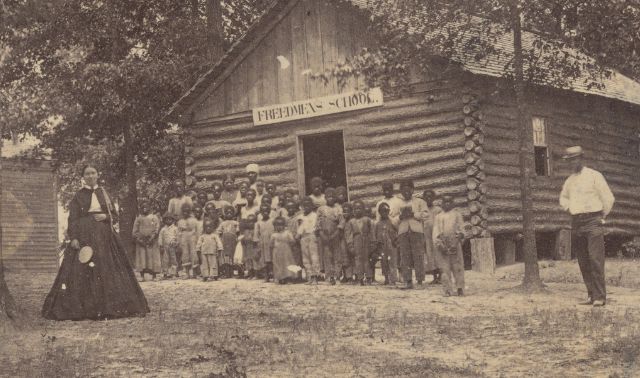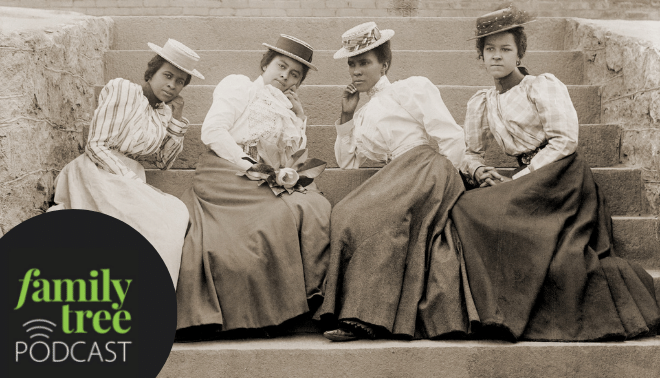Sign up for the Family Tree Newsletter! Plus, you’ll receive our 10 Essential Genealogy Research Forms PDF as a special thank you.
Get Your Free Genealogy Forms
"*" indicates required fields

Learning more about enslaved ancestors can be difficult for many reasons. Enslaved people didn’t appear in many historical records in identifiable ways. Their marriages and parenthood weren’t legally recognized and often weren’t documented. Laws required enslaved people to remain illiterate, preventing them from recording their own lives (and even if they could, it was dangerous).
Fortunately, today’s genealogy researchers have access to amazing resources and research strategies. One is Slavery in America and the World: History, Culture & Law, a free digital research resource at Hein Online. The database has over 2,000 titles and more than 1.2 million pages.
According to the site, the collection “brings together essential legal materials relating to the history of slavery in the United States and the English-speaking world. This includes every federal, state, and colony statute on slavery, as well as all reported state and federal cases on the subject.” Materials have been contributed by the Buffalo and Erie County Public Library, College of Charleston, University of Illinois Chicago, South Carolina Historical Society, Maryland State Law Library, and the University at Buffalo libraries.
How Understanding Slavery Laws Helps Genealogists
“I believe it is very important to learn about laws pertaining to slavery for understanding your family history,” says James Samuels, Jr., who recently took a family history writing workshop I taught at Family Tree University. In the class, he shared discoveries about a court case involving his ancestor who is identified only as “Angelina.”
“In my case, I had to study the Louisiana Civil Code of 1808 [reproduced here at Hein Online] and Mississippi Emancipation laws,” he explains. “In Angelina vs Whitehead’s New Orleans Supreme Court case, the code of 1808 required Angelina to be emancipated at age 30 years old with demonstrated good conduct for four prior years.”
“Angelina’s Bill of Sale indicated that her sale was necessary following the 1820 contract between slave owner John Robert Holliday and Purchaser Philander Campbell. In the Bill of Sale, Philander gave John $150.00 and his solemn promise to emancipate Angelina at age 30. John claimed he did not have to execute the contract with Philander and he could have emancipated Angelina himself. Beginning in mid-1820s, in Mississippi, where John Robert Holliday was residing, both forms of emancipation became increasingly less common and even illegal. The primary roads to free status for blacks were blocked. The above Supreme Court case [shows] unusual concern for Angelina’s freedom [and] raises the possibility that John Robert Holliday may have been her father.”
Samuels researched these slavery laws without knowing about Slavery in America and the World: History, Culture & Law. But he was thrilled to learn about it, and he signed up here, for a free login immediately. “The Hein Online database is…a valuable repository of state and federal slavery cases, slave histories and narratives,” he says. “Since African American genealogy before 1865 is more difficult than traditional genealogy, increasing our use of online resources [such as this one] will make a big difference.”
Related Reads
Last updated: April 2025








